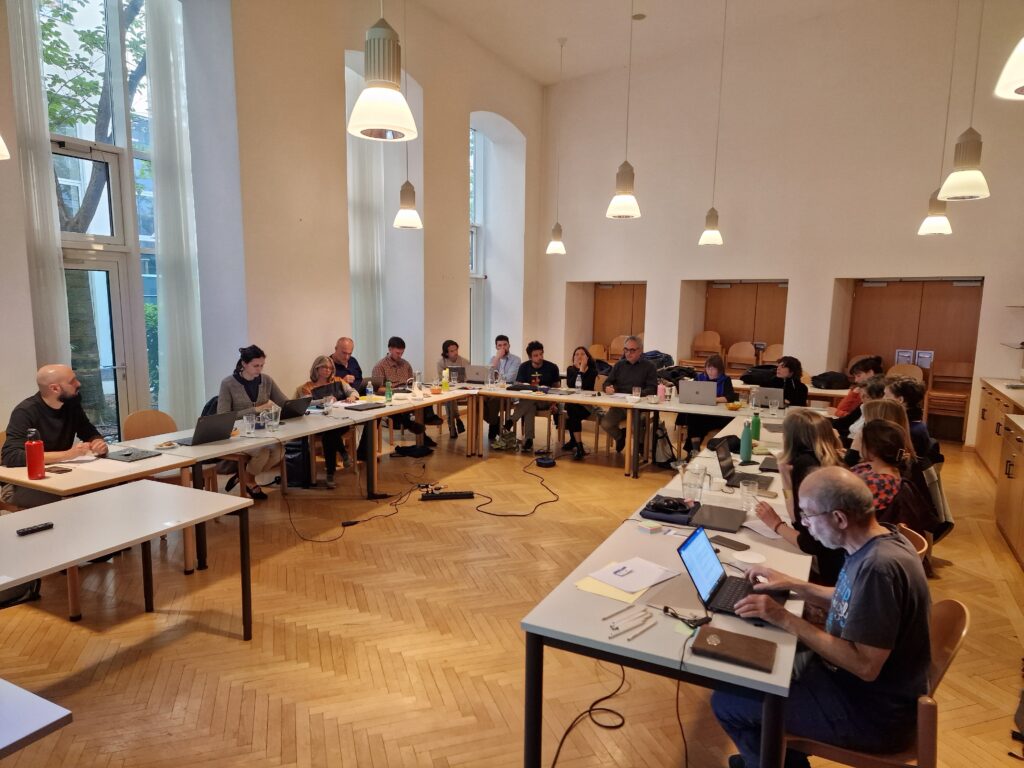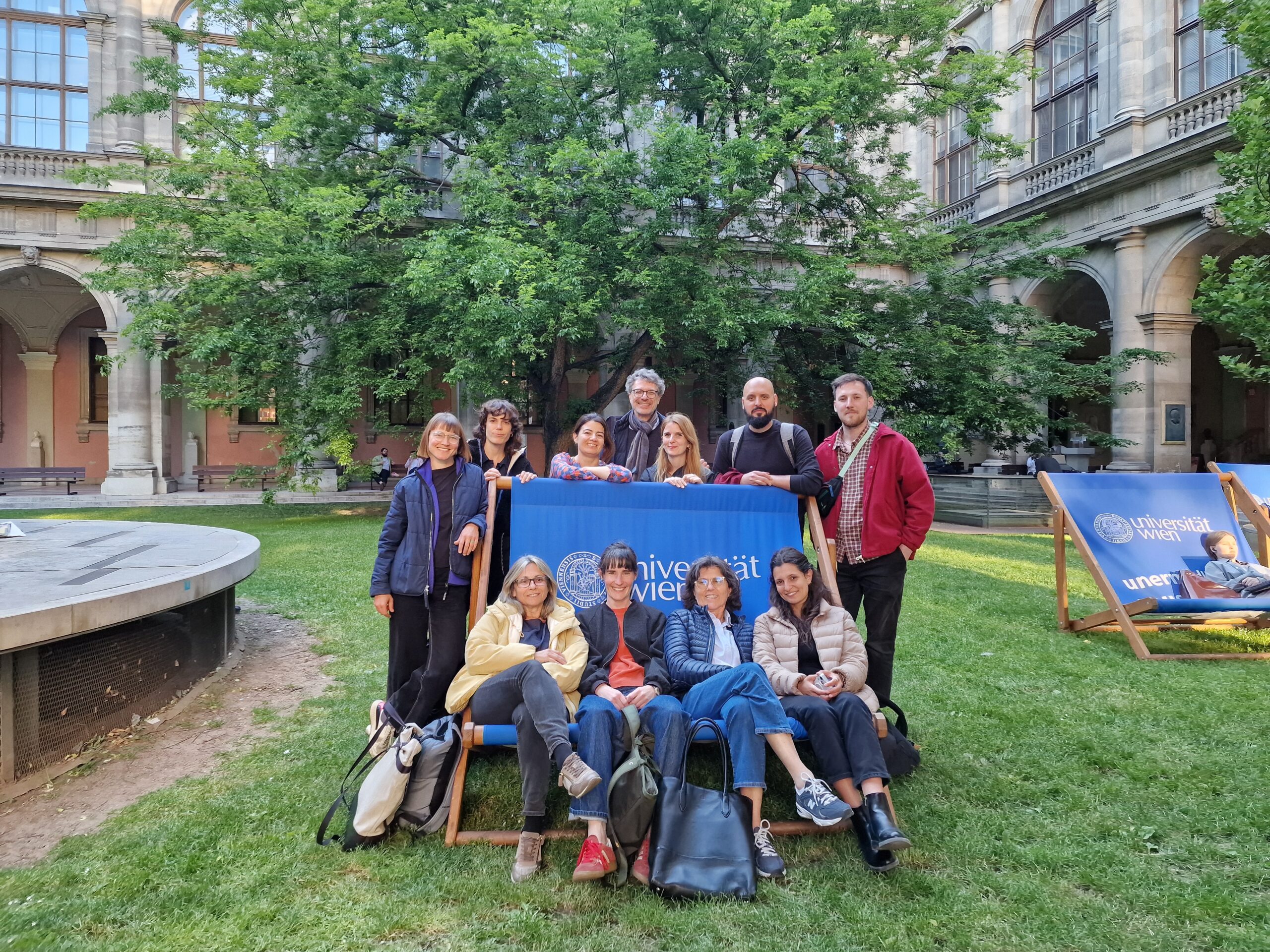Text: Petr Kodenko Kubala
Few challenges cut across social, economic and ecological lines as sharply as the twin crises of the global urban housing affordability crisis and accelerating environmental crisis. As rents and house prices in major cities sprint ahead of average incomes, the very fabric of social cohesion frays; at the same time, housing construction, renovation and day-to-day use account for roughly a quarter of global CO₂ emissions. Reconciling where and how we live with the finite limits of the planet is therefore more than a technical puzzle—it is a civilisational test.
Against this backdrop, the international workshop “Affordable Housing within Planetary Boundaries” convened on 13–14 May 2025 in Vienna. Jointly organised by the Department of Sociology (University of Vienna), the Institute of European Ethnology (University of Vienna) and Technical University of Wien, the two-day event marked the first milestone toward a special issue of Urban Studies dedicated to the housing–environment nexus. Twenty-two scholars from eight countries gathered to probe the tensions—and possible synergies—between affordability and sustainability.
Day 1 opened in the Institute of Sociology’s seminar room with a trio of papers that set the tone. Jennifer Duyne Barenstein, Salome Rohner and Hannah Widmer (ETH Zurich, Switzerland) showed how energy-efficient retrofits, when left to market forces, can translate directly into rent hikes, thereby jeopardising affordability for tenants. Rebecca Cavicchia, Roberta Cucca and Anne Kristine Kronborg (NMBU, Norway) then unpacked a “governance paradox”: cities that trumpet nature-based solutions often loosen zoning to boost density, but in doing so unintentionally accelerate price spirals. Phoebe Stirling and Sonia Arbaci (University College London, United Kingdom) rounded off the first session by dissecting Britain’s green-building standards, arguing that environmental ambitions are frequently watered down when developers frame sustainability as a cost burden.
After a restorative coffee break, discussions turned to France and Spain. Marco Cremaschi and colleagues (Sciences Po Paris, France) mapped the policy dilemmas that arise when long-standing social-housing programmes meet ambitious ecological-transition targets. Austin Gage Matheney and Isabelle Anguelovski (Universitat Autònoma de Barcelona, Spain/ICTA-UAB, USA) pushed the debate further, asking how equity-driven retrofit schemes might work in ownership-dominated housing markets.

Day 2 relocated to TU Wien’s airy Luftpavillon. A Vienna team represented by Petr Kodenko Kubala (Czech Academy of Sciences, Czech Republic/University of Vienna, Austria) and Judith M. Lehner (Technical University Vienna, Austria) examined whether the city’s celebrated limited-profit model can incorporate stricter life-cycle carbon limits without eroding below-market rents. Massimo Bricocoli and colleagues (Politecnico di Milano, Italy) offered a comparative lens, revealing that ecological-transition tools sometimes reinforce existing housing inequalities rather than mend them. Finally, Michael Friesenecker (BOKU Vienna, Austria) presented a cross-European dataset that traced diverging—and occasionally converging—trajectories of housing de-commodification and environmental policy.
The Vienna workshop underscored a simple truth: achieving decent living standards for all while remaining within planetary boundaries is both indispensable and doable—but only if social and ecological questions are treated as two sides of the same coin. By pooling comparative evidence and theoretical advances, participants sketched an emergent research agenda that refuses the false choice between affordable housing and climate responsibility.

